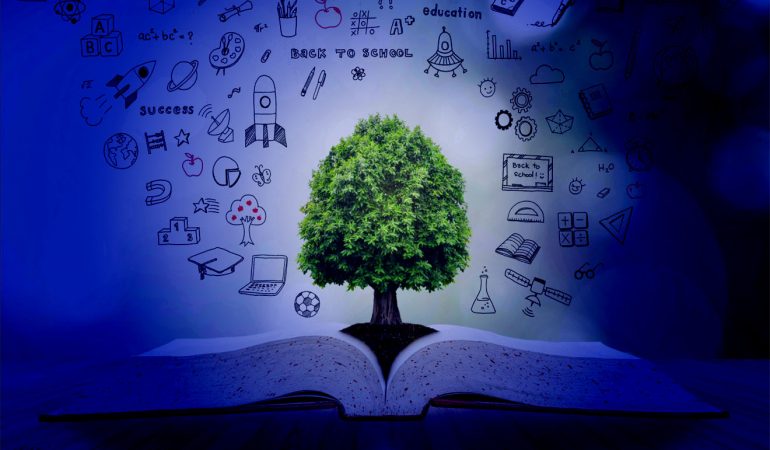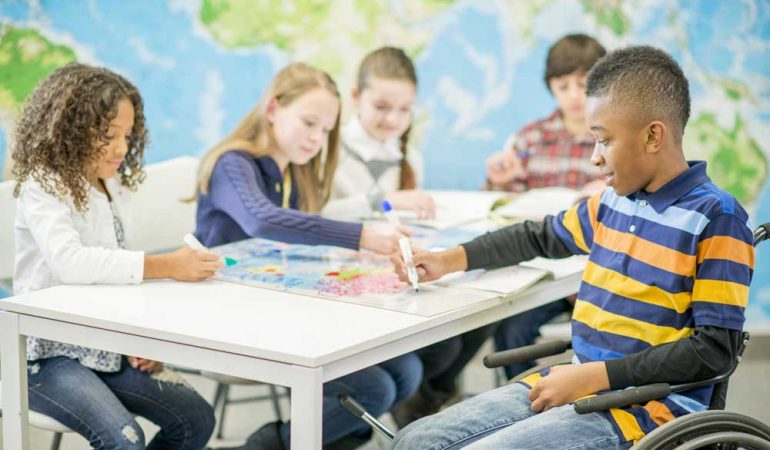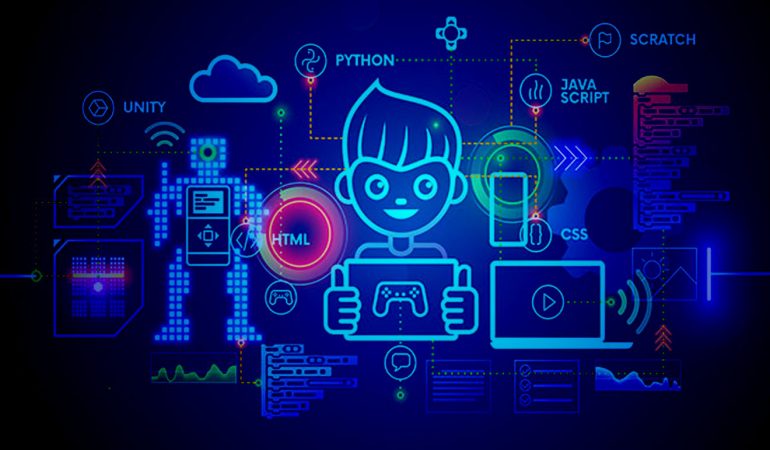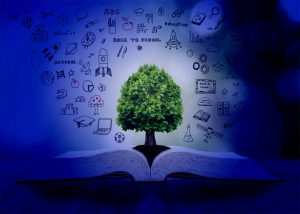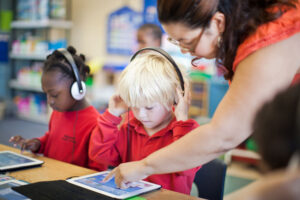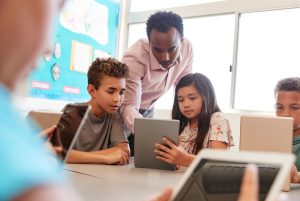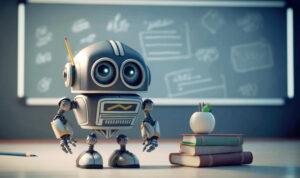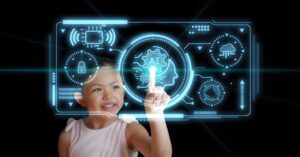Environmental Sustainability and Education
This Erasmus course on environmental sustainability and education is aimed at teachers and education staff who want to improve their knowledge and skills in this field and leave a livable world to future generations. With this course, you will have the opportunity to learn what environmental sustainability is, its basic concepts, how it affects people, what it means for the future, what can be done in education, what innovative approaches are, and see sample schools and classrooms.
As an educator, environmental sustainability education can provide many benefits for our students, including better understanding of the environment, a more sensitive approach to the environment, sustainable lifestyles, innovation, and new applications. This way, we can fulfill our responsibility and contribute to a livable future.




